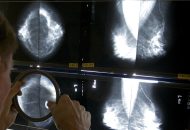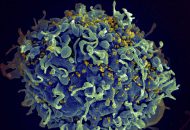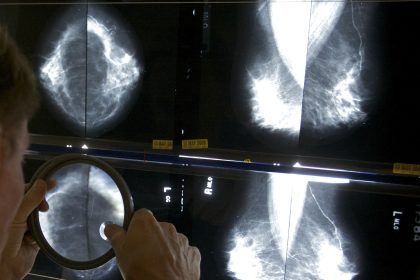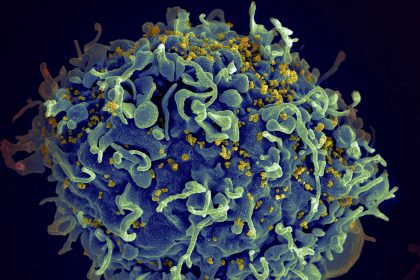Local County Government Pushes to End Period Poverty
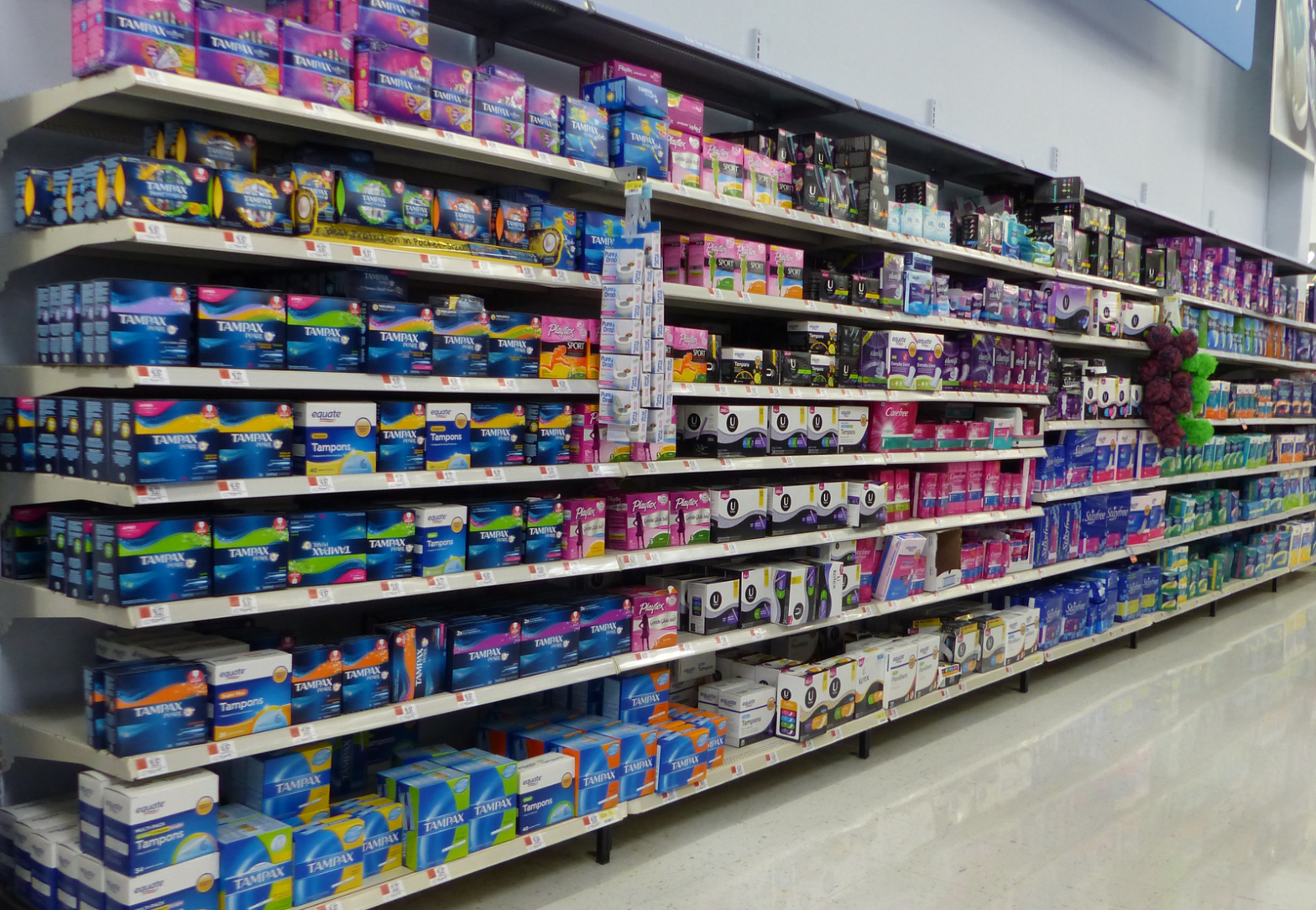
LEON COUNTY, Fla. — In the panhandle of Florida, Leon County, a small county of around 270,000 residents, has been working to offer free menstrual products in school buildings, courthouses, community centers, parks and libraries.
“Leon County continues to address period poverty in our community through educational programming and by making menstrual products available for free at select public facing restrooms in county facilities,” said Leon County District 3 Commissioner Rick Minor, in an email to The Well News. “Through the efforts of the county, our partners and passionate community members, we hope to one day eliminate this issue for citizens in need.”
Period poverty is defined as inadequate access to menstrual hygiene tools and education, including but not limited to sanitary products, washing facilities and waste management.
Studies show that period poverty affects an estimated 500 million people worldwide and that two-thirds of women with low incomes struggle to afford period products.
A 2019 study found that among low-income women in a major U.S. city, nearly half had to choose between buying food and spending money on menstrual products.
Twenty percent of teens have struggled to afford period products or were not able to purchase them at all and over 80% say they missed school as a result.
The efforts to install dispensers and provide refills of the products through the county budget stemmed from Jodi Wilkof, chief of staff for Leon County, District 3 Office.
“When I started this my vision was that every entity that has a bathroom for which they provide toilet paper, would also provide period products,” said Wilkof, in a phone interview with The Well News.
Wilkof first became aware of period poverty issues in the county after attending a parent-teacher student organization meeting for her son at a local high school where a teacher was single-handedly providing students with menstrual products through personal funds.
Wilkof quickly organized a Zoom event with local celebrities in February of 2020 to raise awareness of period poverty and secure 3,500 product donations.
This fueled a movement in the county and schools began offering free menstrual products in bathrooms.
“About the same time we were getting this [program] off the ground, there was a student at a local high school starting to collect products for students who were having trouble during the pandemic,” said Wilkof.
Wilkof is referring to the efforts of Amaya Waymon, founder of a local nonprofit called Girl Flo. Waymon started a program at her high school in 2020 to provide menstrual products to students in need and promote period equity.
A recent study revealed that one in 10 college students were unable to afford menstrual products during the coronavirus pandemic, and that those who experienced period poverty on a monthly basis were more likely to experience moderate to severe depression.
Waymon went to the school board last spring requesting they provide products for menstrual emergencies that occur at school. The Leon County Schools Foundation began to work with Waymon and now community partners are funding the installation of dispensers in bathrooms and the school budget is providing for refills.
“The schools were concerned that the dispensers could be abused by students who might use them inappropriately. They got around that by purchasing dispensers that have a 12 second wait time to ensure [the student] will have to wait for the next [product],” said Wilkof.
Wilkof said the funds for putting products in the dispensers of public facing bathrooms has been factored into the county budget, and the county has also recently partnered with local food banks that receive requests for period products.
Second Harvest, which has over 150 partners, now offers period products through their online portal and pop-up food clinic.
“When you look at the local government there are so many issues that feel so overwhelming, expensive and time consuming. This feels like an important issue that can be solved in not that much time, effort, and money,” said Wilkof.
Unfortunately, Wilkof said, programs such as Supplemental Nutrition Assistance Program or Electronic Benefits Transfer do not offer the ability to use federal funds for purchasing products like tampons or pads.
“SNAP and food stamps, those are federal supports that do not allow you to spend your funds on period products, or diapers for that matter. It’s not about poverty, it’s about injustice,” said Anita Diamant, best-selling fiction author who has also written on menstrual injustice, during a phone call with The Well News.
To provide educational programming to community members, the Leon County government recently hosted a Q&A with Diamant whose new book, “Period. End of Sentence. A New Chapter in the Fight for Menstrual Justice,” covers the issues of women being exiled from their home communities for menstruation to young people standing before school boards declaring the need for menstrual products.
“In many schools, the nurse has been the place where you bought period products and [you] had to ask for a pass and were asked why and a lot of the time a nurse just covered them,” said Diamant.
Diamant has suggested that companies offering women 12 days of paid leave to recover from menstruation is a policy that deserves consideration. Some large companies have already enacted menstrual leaves, such as Nike, but she is not certain if it is well enforced.
“There are people who have monthly migraine headaches, and/or have really seriously bad days of cramps….you have to use your sick leave for something that is actually pretty common, and pretty normal,” said Diamant.
Diamant also mentioned federal efforts to reduce period poverty, such as the Menstrual Equity for All Act introduced by Rep. Grace Meng, D-N.Y., in March.
The act would allow states the option of using federal funds to provide menstrual hygiene products where needed.
It would also ensure Medicaid covers the cost of any menstrual hygiene products for recipients and require employers with more than 100 employees to provide free pads and tampons in the workplace.
And in Louisiana, Gov. John Bel Edwards recently signed the pink tax exemption bill into law, allowing a tax exemption on feminine hygiene products and diapers. The tax break is set to take effect on July 1, 2022.
“This is a welcome step forward,” said Diamant.
Diamant said Massachusetts also has a bill before the state legislature that would put free menstrual products in all schools, shelters, food pantries, and other community sites across the state but the bill has stalled out.
“Menstruation has been called ‘the curse’ for a long time, but menstruation is not the real curse. The real curse is shame which keeps people from talking about, and learning about, and understanding, and even celebrating the fact that the menstrual cycle is part of a normal and healthy reproductive system,” said Diamant.
Alexa can be reached at [email protected]
The article has been corrected to say Anita Diamant's best-sellers were works of fiction, and not her latest, nonfiction book.














